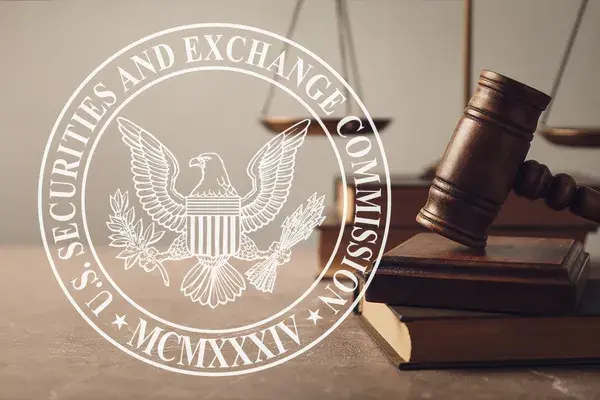
Magistrate Judge Sarah Netburn has denied Ripple’s motion to stop the U.S. Securities and Commission from sending Memorandum of Understanding (MoU) requests to foreign securities regulators.
As reported by U.Today, Ripple claimed that such requests were meant to intimidate its foreign business partners, but the judge asserts that there is “no evidence” to suggest that they were issued “in bad faith.”
The defendants wanted to compel the SEC to use the slow and inefficient Hague Convention process, but Netburn says that the MoU requests are permissible:
There has been no argument that the Requests exceed the scope of any governing bilateral agreement. Instead, courts have routinely rejected the proposition that the Hague Convention is the exclusive or priority means of conducting foreign discovery.
The SEC has to produce all documents obtained through its MoU requests, but it can withhold privileged ones from production.
Last month, the agency revealed that three foreign counterparts had refused to provide any assistance.
Ripple’s first setback in discovery fights
The ruling on foreign requests is Ripple’s first major setback in discovery fights.
In April, the judge partially granted Ripple’s motion to compel the discovery of documents related to XRP, Bitcoin, and Ethereum. However, earlier this month, she clarified that Ripple cannot get access to the SEC staff’s personal emails.
In addition, CEO Brad Garlinghouse and co-founder Chris Larsen successfully blocked the SEC’s requests for their personal banking records.
The SEC is now trying to compel Ripple to produce the legal advice it “sought or received” regarding XRP’s regulatory status, which would help it to strike the defendants' “fair notice” defense.

 Vladislav Sopov
Vladislav Sopov Dan Burgin
Dan Burgin